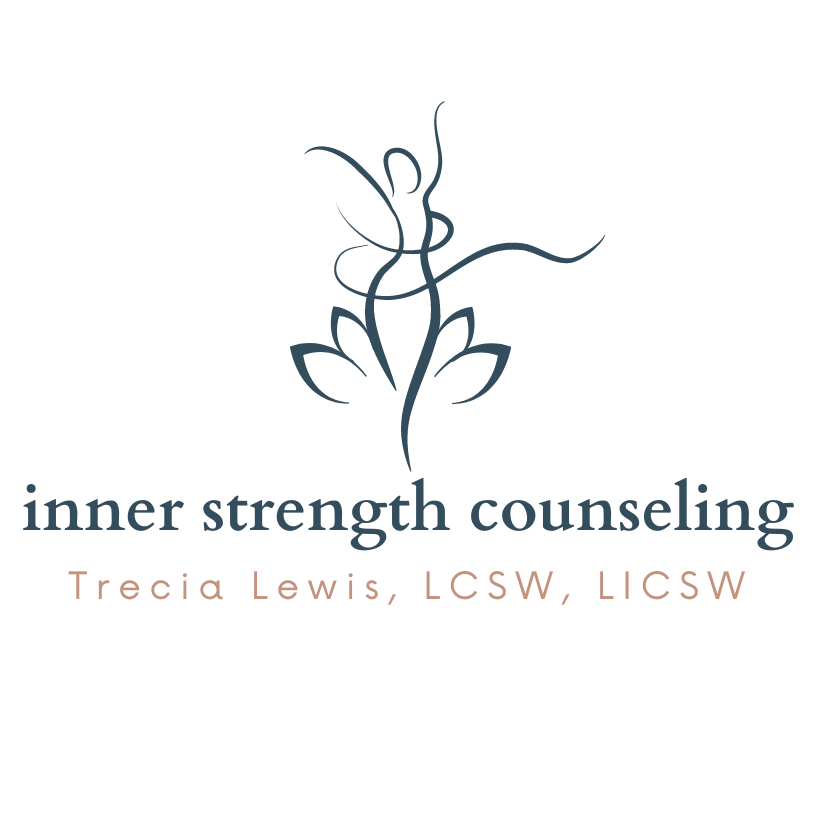What to Do When a Friend Experiences a Personal Trauma
The nature of life is such that, occasionally, we all experience traumatic events. We don’t mean for them to occur – they just do. And when a friend or close family member suffers from an upsetting event, it’s important to know what to do to help them through the aftermath.
When you’re in this position, you’ll feel unsure, confused, and may not know what to do or say to help.
Consider these strategies whenever someone close to you suffers a trauma:
Be Authentic. Don’t try to “fix” the situation. Cultivate courage to connect and NOT worry about having the perfect words to say is what authenticity is all about. Lean in wholeheartedly. Pray and ask God to help you to be a friend who loves at all times (Proverbs 17:17).
Use your past knowledge of the person. Is she usually quiet? Does she talk your ear off normally? Consider how she might respond to the troubling event she’s recently experienced. By anticipating how your friend will behave can help you better prepare to be the friend she needs.
Be supportive. Focus your efforts on affirming your friend. I remember going through a terrible experience and having my friends constantly feed me with positivity. Although I felt deep sadness and hurt, shame wasn’t strong enough to destroy the hope I felt on the inside because of my friends being by my side. Think about the small things your friend would enjoy. How about a walk or her favorite coffee shop?
Acknowledge to your friend that you’re sorry about what happened to them. Sometimes, a statement as simple as, “I’m so sorry this happened to you” can be all that’s necessary to give your friend the opportunity to talk openly about how they feel.
Giving this simple “sorry” also provides important acknowledgement to your friend that you recognize she has been through a major event in her life. Doing so is at least one step closer to showing you’re interested in understanding how she feels.
Call your friend more frequently than usual to check in with her. Share information about your day or what you’ve been doing. Talk about the book you’re reading or how you prayed for her today. Be positive.
Sounds simplistic, but taking this step will begin to normalize your friend’s life again, which is usually welcomed, given the unusual trauma they’ve recently experienced.
Listen. Many times, someone who’s gone through a troubling time simply wants to talk about it. It’s not even necessary to comment or give your opinion of what your friend has been through. As long as you’re listening, they know you care.
Have patience. Because your friend might not recover in the same way that you would or that you expect her to, patience will come in handy. There’s no defined timeline for getting over a traumatic event. Therefore, having patience will enable your friend to re-blossom at a pace necessary for her.
Don’t be afraid to encourage your friend to seek professional help. Sometimes a traumatic event can trigger intense emotional, spiritual and social reactions. It is important to seek the help of a trained professional counselor or your pastor. Do not suffer in silence.
When someone you care about experiences a traumatic event, it might take them a long time to fully recover from it. However, you can serve as a great support to encourage your friend to gradually get back into the swing of life.
Following the simple steps above will aid you to provide the special assistance your friend needs to continue peacefully down life’s path.
Your optimism, confidence, and personal fulfillment will prosper when you reach out to help a loved one in need.




